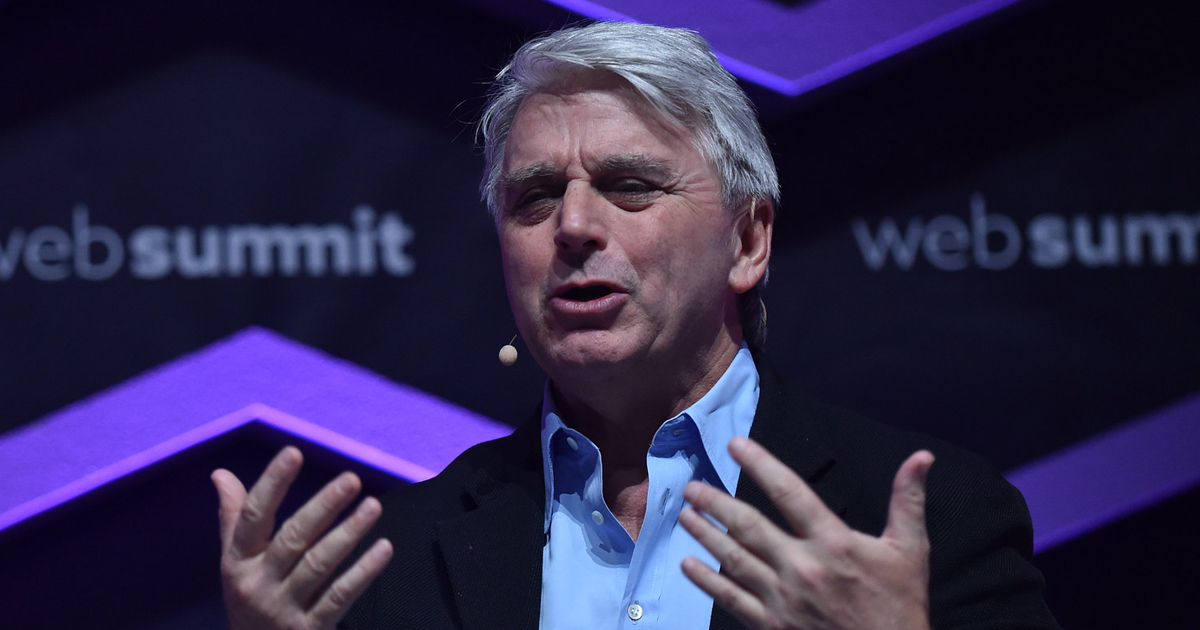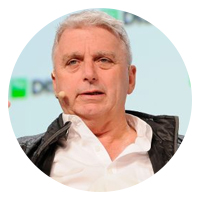Unity CEO John Riccitiello has commented on the company’s merger with ironSource and how it could help developers make better games. He also touched upon the issue of falling stocks and recent layoffs.
Riccitiello opened up about it in an interview with GamesIndustry.biz. Here are the key takeaways from the conversation.
On serving game developers ahead of the ironSource merger
- Riccitiello noted that Unity has no plans to move away from the creation side of its business.
- Despite the Create Solution (engine) division having less revenue share than Operate Solutions, he believes that these units will be “roughly evenly balanced” in the future.
- Speaking of the ironSource merger, Riccitiello noted that it will fit with both Create and Operate divisions and let Unity offer more various tools to developers. “It’s designed to help them make a product people would love more,” he said.
- The ironSource deal is not only about monetization (Riccitiello called devs who shun monetization “idiots” but apologized for it later).
- He once again said game development is not only about creation, because developers must use all available tools to operate their products and find success in the market.
We view our mission and vision in life as being about helping them create and address headlong that next complexity of operating and dealing with all the issues from hosting to voice to multiplayer matchmaking to analytics and, when appropriate, to monetization. Unity CEO
On the stock decline
- Unity shares are now down 84% from its $210 peak in November, and nearly 40% down from its 2020 IPO.
- Riccitiello noted that while he doesn’t know the specific reasons for this decline, he does know that game companies usually trade at their enterprise value, which can be 5-6 times their annual revenues.
- Unity was trading at 50 times its revenues in November 2021, so its share price could have been overstated.
I don’t know why we traded that high, and I don’t always know why we trade this low. But we’re not a games company. We trade along with a basket of other tech companies, and against the companies we went public with, believe it or not we’ve outperformed by a significant amount. Unity CEO
On the lack of profit
- Unity hasn’t reported a profitable quarter ever since being founded in 2004. Riccitiello, who joined the company in 2014, attributes this to continued growth and associated costs.
- The most important step that Unity took, he says, was the transition from releasing ready products to a software-as-a-service model. The company has increased its annual R&D investments by 16 times since 2014, which are also a significant part of the costs.
- As a result, Unity’s market share rose to over 70%, allowing the company to enter an extreme growth phase.
Should you be profitable? Well we could be, but we wouldn’t be serving the industry in the ways we do now. Our market shares wouldn’t have increased. But when you say market share, what I see is thousands of developers that are in this industry when they weren't before, and we're enabling them. Unity CEO
On layoffs
- In June, Unity laid off hundreds of employees, which accounted for 4% of its total headcount. Riccitiello noted that layoffs, in fact, affected only 1% of its staff, given that most of those employees could apply for other job offerings at the company.
- Speaking of the reasons behind this decision, he said Unity had to close “some projects that weren’t working.”
- “It’s a little like skiing,” Riccitiello tried to explain. “If you don’t fall now and then, you’re probably not getting better because you’re not trying new things to improve. We felt about 4% of what we were working on was not effectively getting us where we needed to go.”
- He also noted that the attrition rate at Unity is much lower than the tech industry average, adding that he wants the company to be “sharp and smart”.


